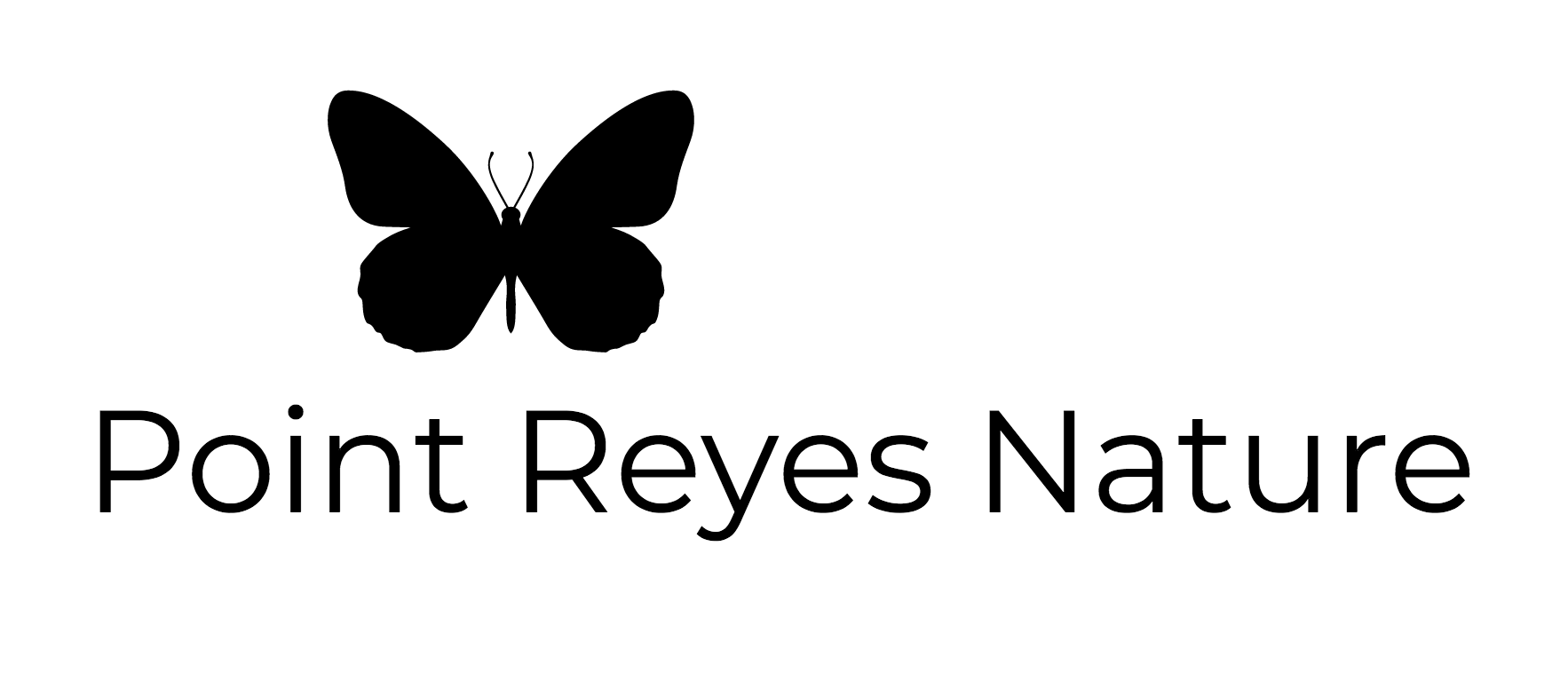Western snowy plovers and how you can help
WESTERN SNOWY PLOVER, FEMALE (LEFT) WITH CHICK (RIGHT), PHOTO BY POINT REYES NATIONAL SEASHORE
On May 11, 2019 Matt Lau from the Point Reyes National Seashore held a training program for snowy plover docent volunteers. My 9-year old son Aiden and I eagerly signed up. The park needs help to protect and monitor this threatened species. Here’s how you can help:
Stay 50 feet away from snowy plovers. Startling the birds uses valuable energy they need to survive.
Leave driftwood on the sand. Plovers nest in the sand and driftwood offers protection and camouflage.
Report unprotected nests. If you see a nest in the open without a fenced enclosure, report it to the park service so they can monitor and protect it. Email Matt Lau at mjaylau707@gmail.com.
Keep dogs on leash at all times!
Volunteer as a snowy plover docent.
We learned about snowy plovers and here are a few facts we’d like to share:
Western Snowy Plover (Charadrius nivosus) is protected under the Endangered Species Act and is listed as threatened. There are currently around 25,000 snowy plovers in North America and 2500 in the monitoring area the includes Point Reyes. The goal is to have at least 3,000 breeding adults for 10 years, so there’s a long way to go to reach this goal.
The breeding season is March to September, peaking in mid-April to mid-June. That’s when beach closures and protective fencing is in place. The plovers in Point Reyes typically lay 2-3 eggs. Few plovers survive to adulthood, only around 20%. So they need our help!
The chicks are born fully feathered and are able to walk and feed themselves within a day. The male plover raises the chicks while the female plover mates again and starts a new nest.
The top predators of the plovers in Point Reyes are coyotes and common ravens.
“The training was fun and useful. I learned a lot and I’m looking forward to helping snowy plovers.”
Aiden with Matt Lau, Snowy Plover docent program manager at Point Reyes National Seashore


